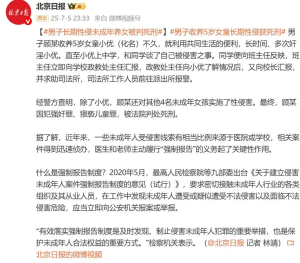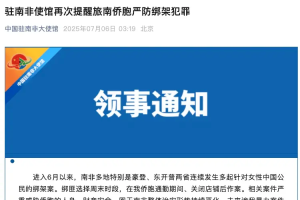In the age of information explosion, nearly half of Japanese people have “avoided the news”! The news they least want to read is “this kind of news”

In an era where everyone has a smartphone, it is easier than ever to get information. But too much information can also cause “digital fatigue” in the brain. Recently, a nationwide survey in Japan showed that nearly 50% of the people have had a tendency to “avoid news”, and 20% of the people still have a clear tendency to “avoid news”. The type of news they want to avoid the most is not the heavy-hearted war and disaster news, but entertainment news including celebrity gossip.
According to the Asahi Shimbun, the Japanese news app “SmartNews” will conduct a “National Media Values Survey” every two years starting in 2023, with the aim of investigating domestic political and social differences and the exposure of the media among the public. The 2025 survey was conducted by email from January to March this year, and 4,460 people were screened by region, gender, age and other conditions to send survey invitations, of which 2,117 people participated in the survey.
The survey pointed out that when asked “Have you ever deliberately avoided the news recently?”, 2.9% of the people answered “often” and 15.2% answered “sometimes”, which means that about 18% of people showed a clear tendency to avoid news. If the 30.8% who answered “occasionally” are added, nearly half of the people have had the experience of deliberately avoiding the news.
If analyzed by different age groups, the highest proportion of people who answered “often” or “sometimes” to avoid the news is in the 30s (22%), followed by those over 70 (20%) and those in their 40s (19%), and the lowest avoidance rate is in the 60s (13%).
When the respondents were asked “What types of news do they least want to be exposed to” (multiple choices are allowed), the most popular choice was entertainment news including celebrity gossip, accounting for 21.7%; followed by war and conflict (18.9%), inciting anger (18.0%), gender, LGBTQ and other human rights issues (13.3%), and events and crimes (13.2%).
As for the reasons for avoiding these news, most people answered, “It makes me depressed and uneasy” (60.8%), followed by “I don’t want to know news that I am not interested in” (30.3%), “Too many deliberately sensational and provocative headlines” (26.6%), “Too many reports on events and crimes” (24.6%), etc.
In addition, 20.9% of the people criticized the modern media for having too many “kotatsu news” (referring to reports based on information on the Internet without field interviews or investigations. The main sources are TV, blogs, online social platforms and other media resources) that lack actual interviews; another 18.8% of the people expressed “distrust of the news media”.
Professor Yasuomi Sawa of the Department of Journalism at Waseda University in Japan pointed out in an interview: “Avoiding news is equivalent to actively cutting off one’s connection with social problems, which is a worrying tendency. The healthy operation of society cannot be separated from the public’s attention to social problems. If we rely solely on intuition or emotion, we can easily be misled by those in power or malicious instigators.”
Professor Yasuomi Sawa also pointed out that although avoiding news is an increasingly strong global trend, the factual uncertainty, irritating and exhausting information that is prevalent on online social platforms may increase the public’s tendency to avoid news. At the same time, he also criticized that “if news content is only collected from social media or TV programs as materials, or if those simple, easy-to-understand, shoddy, low-cost and non-investigation information are flooded as “news”, it may cause more people to avoid news.
Professor Yasuomi Sawa also believes that news should be the “map” of a democratic society. However, when the media encounters difficulties in development, adopting the above short-sighted approach may gain temporary traffic, but in the long run, it may cause the media to be completely abandoned by society. “








